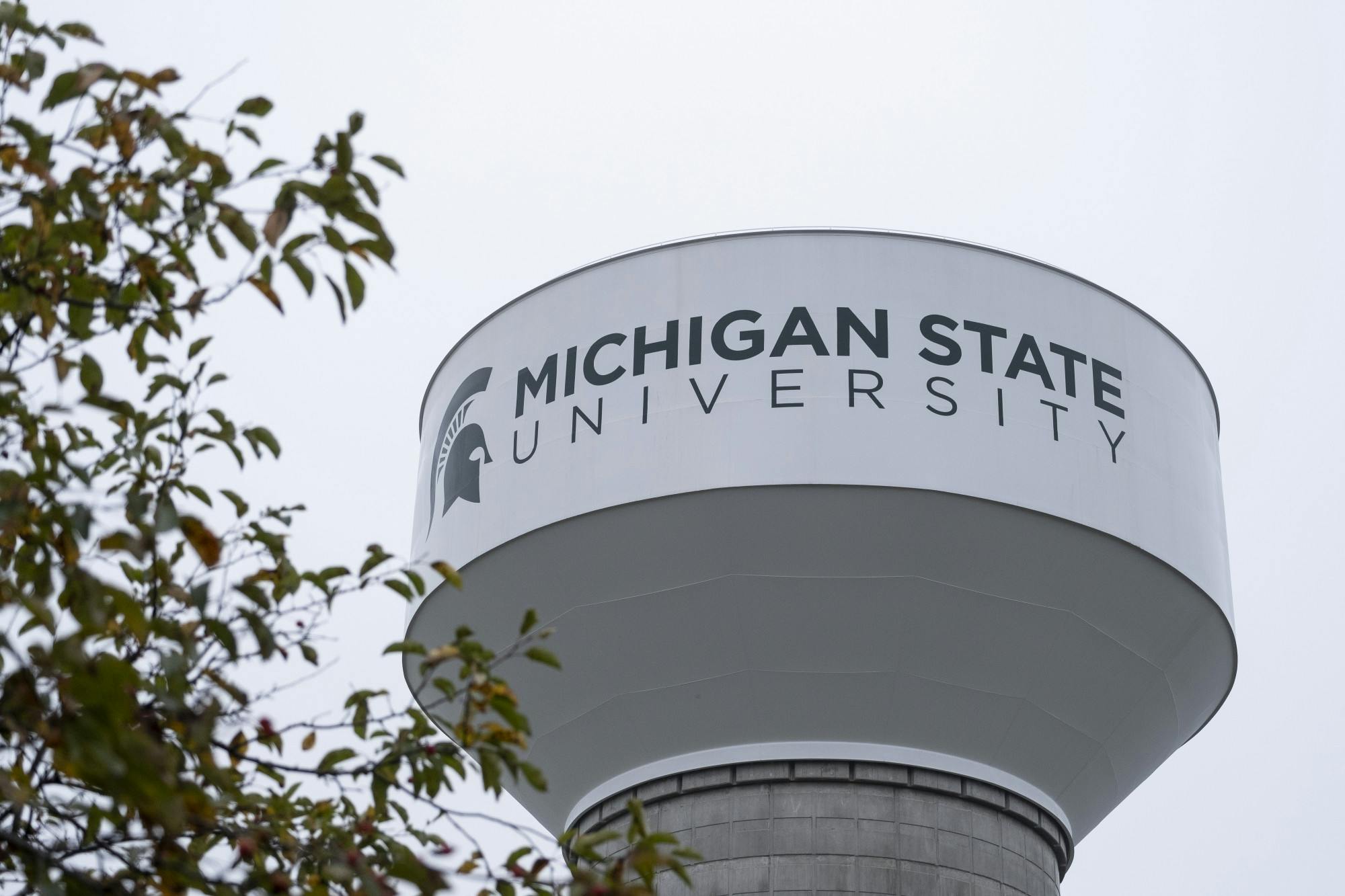Michigan State University civil and environmental engineering professor Susan Masten was one of seven experts appointed to the Corrosion Control Advisory Panel by the Michigan Department of Environment, Great Lakes, and Energy, or EGLE, on Nov. 22, 2021.
The panel includes two corporate executives, two environmental engineers and three professors from around the state. While the responsibilities of the panel are not clearly defined, possible roles all include advising the department around the identification of and protection against the effects of corrosion.
The experts will report to EGLE’s Drinking Water and Environmental Health Division. The division regulates 2,685 public drinking water systems under Michigan’s Lead and Copper Rule— which is meant to protect public health by establishing action levels for lead and copper in tap water.
“The focus (of the panel) really has to do with, obviously, corrosion control,” Masten said. “Michigan actually has the most stringent lead and copper rule in the country. ... The rule was promulgated in response really to Flint and also in response to Michigan having a number of aging cities with old distribution systems, often many of them do have lead service lines.”
The panel comes in the wake of state efforts to reduce lead exposure caused by aging water distribution infrastructure in several communities throughout the state. The ultimate goal is to remove lead contamination from Michigan drinking water statewide.
“I’m honored to be on it (the panel),” Masten said. “It’s actually probably among the most respected individuals in the country dealing with corrosion control, distribution systems, the Lead and Copper rule, really trying to bring people together to do what we can to improve water quality and protect public health.” (2:47)
Masten is a professor of civil and environmental engineering at MSU’s College of Engineering. She earned her master’s degree in environmental engineering from West Virginia University in 1981 and went on to earn her doctorate in environmental engineering from Harvard University in 1986.
Masten has been at MSU for 32 years, with much of her time at the university being dedicated to drinking water treatments. However, she has been involved in drinking water research for longer. Most recently, she has conducted research into identifying by-products formed upon ozonation of polycyclic aromatic hydrocarbons within distribution systems.
Support student media!
Please consider donating to The State News and help fund the future of journalism.
Discussion
Share and discuss “MSU professor Susan Masten named to expert panel ” on social media.







